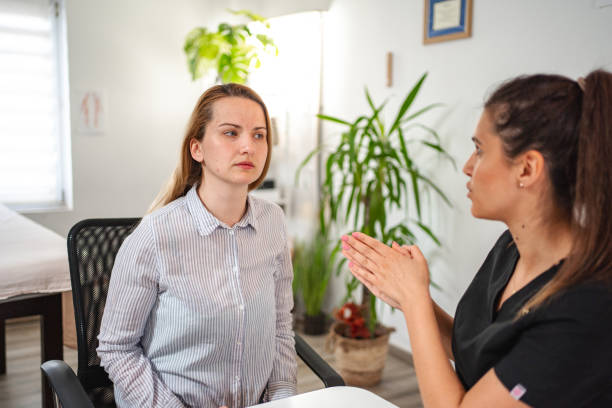Acne is a common skin condition that affects people of all ages, causing pimples, blackheads, and other blemishes. While it’s often associated with adolescence, acne can persist into adulthood and vary widely in severity. Understanding the different types of acne and how to treat them is key to managing this condition effectively.
Types of Acne
a. Whiteheads and Blackheads: These are non-inflammatory types of acne. Whiteheads occur when pores become clogged with oil and dead skin cells, while blackheads are open pores filled with the same debris, which turns black when exposed to air. You can take Accutane For Acne to remove your acne permanently.
b. Papules: Papules are small, red bumps caused by inflamed or infected hair follicles.
c. Pustules: These are larger, pus-filled bumps with a red base. They can be painful and are a common form of inflammatory acne.
d. Nodules: Nodules are deep, painful lumps beneath the skin caused by the buildup of oil and bacteria. They can be quite severe and may require medical intervention.
e. Cysts: Cysts are large, pus-filled lesions that are deep within the skin. They are often painful and can cause scarring if not treated properly.
Causes of Acne
Acne can be caused by various factors, including:
- Hormonal Changes: Fluctuations in hormone levels, especially during puberty, menstruation, pregnancy, and menopause, can contribute to acne.
- Excess Oil Production: Overproduction of sebum (oil) by the sebaceous glands can clog pores and lead to acne.
- Bacteria: Propionibacterium acnes (P. acnes) is a type of bacteria that lives on the skin and can contribute to acne when pores become blocked.
- Genetics: A family history of acne can increase your likelihood of developing the condition.
- Diet: While the direct link between diet and acne is still debated, some people may find that certain foods, such as dairy or high-glycemic foods, can exacerbate their acne.
Treatment Options
a. Over-the-Counter (OTC) Products:
- Topical Creams and Gels: Products containing ingredients like benzoyl peroxide, salicylic acid, or retinoids can help unclog pores, reduce inflammation, and prevent new breakouts.
- Cleansers: Gentle cleansers designed for acne-prone skin can help remove excess oil and dirt without drying out the skin.
b. Prescription Medications:
- Topical Antibiotics: If OTC treatments aren’t effective, your dermatologist may prescribe topical antibiotics to reduce bacteria and inflammation.
- Oral Medications: Oral antibiotics, such as tetracycline or isotretinoin (Isotretinoin 40 mg), may be prescribed for more severe cases of acne. These medications can have side effects and require careful monitoring by a healthcare professional.
c. Procedures:
- Extraction: Dermatologists can perform extractions to remove blackheads and whiteheads safely, reducing the risk of scarring.
- Chemical Peels: Chemical peels involve applying a solution to the skin to exfoliate dead skin cells and unclog pores, promoting clearer skin.
- Laser Therapy: Laser treatments can target bacteria and reduce oil production, helping to improve acne symptoms.
d. Lifestyle Changes:
- Cleanse Gently: Avoid harsh scrubbing or abrasive cleansers that can irritate the skin and worsen acne.
- Moisturize: Use a non-comedogenic moisturizer to keep your skin hydrated without clogging pores.
- Healthy Diet: While diet alone may not cure acne, eating a balanced diet rich in fruits, vegetables, and whole grains can support overall skin health.
- Stress Management: Stress can exacerbate acne, so finding ways to manage stress through exercise, meditation, or relaxation techniques may help.
When to See a Dermatologist
If your acne is severe, persistent, or causing emotional distress, it’s important to seek professional help from a dermatologist. They can assess your skin, determine the underlying causes of your acne, and recommend a personalized treatment plan.
In Conclusion
Acne is a common skin condition that can be effectively managed with the right approach. By understanding the different types of acne, addressing underlying causes, using appropriate treatments, and making healthy lifestyle choices, you can achieve clearer, healthier skin. Remember to be patient, as acne treatments may take time to show results, and consult a dermatologist for personalized advice and care.

